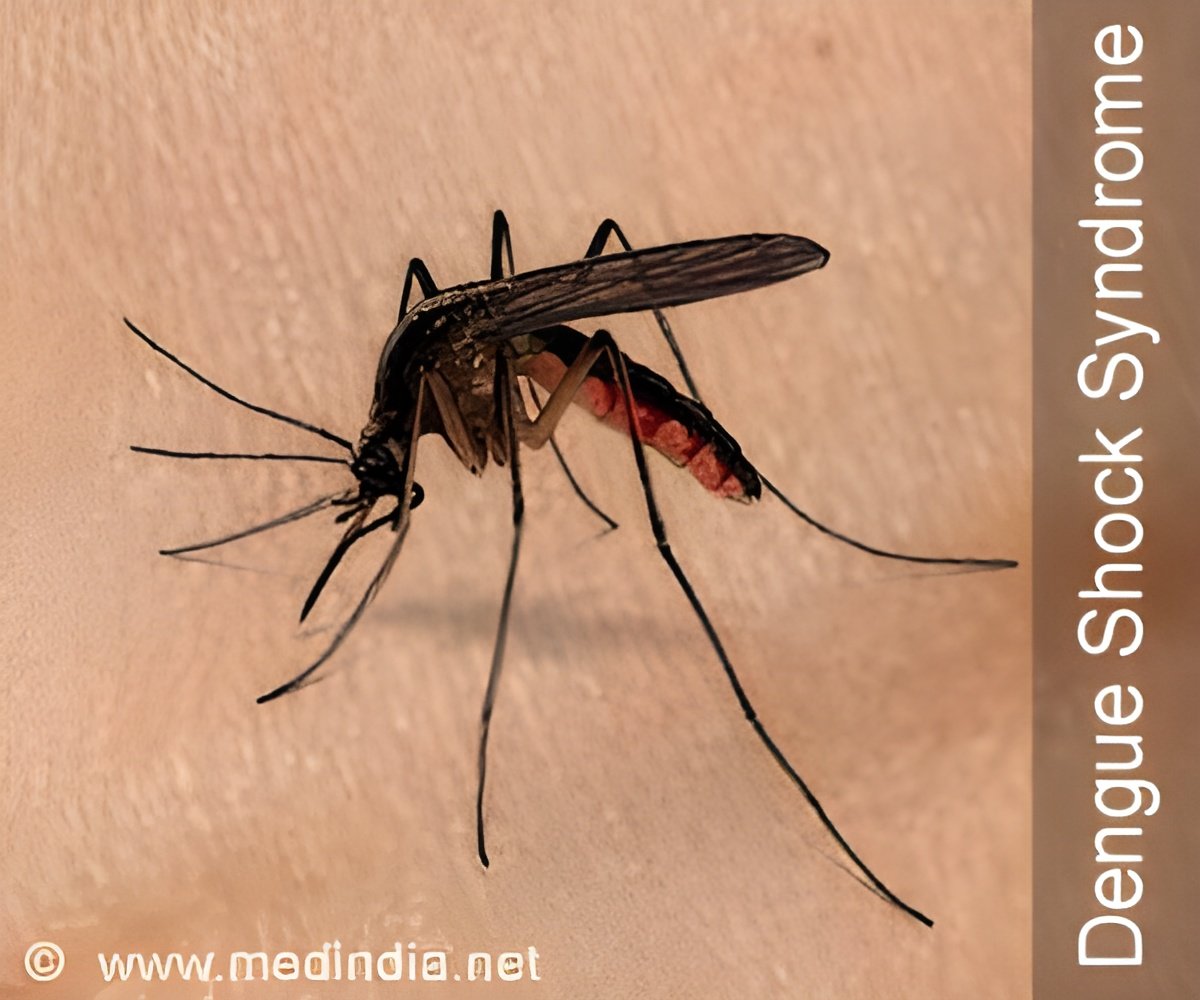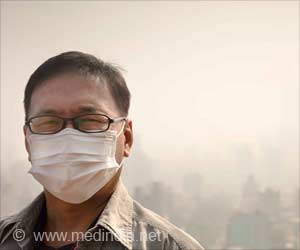A spurt in the cases of the vector-borne disease, dengue, during the COVID-19 pandemic could be a double-whammy to the city of Chennai, as symptoms of both infections are similar. However, officials hope there won’t be a problem in diagnosis.

‘The public of Chennai are advised to keep their household surroundings clean and not allow water to stagnate anywhere. The health officials have been instructed to issue notices to owners of empty plots, and buildings, if not maintained properly, to prevent it from turning into breeding grounds.’
Read More..




The public are requested to keep their household and surroundings clean and not allow water to stagnate anywhere, while visiting homes during their door to door survey.Read More..
Special focus will be on Government hospitals and government offices, which are right now the most active workspaces in the city. Focused fogging will be done in slums to eradicate dengue spreading Aedes mosquitoes.
This year with the added burden of COVID-19 infection, the malaria workers along with temporary volunteers are on COVID-19 duty. But with dengue cases being reported, around 3,400 malaria workers were shifted from COVID duty to vector-control work across the city.
Fever camps are being operated in all zones in the city and focus volunteers are surveying households for symptoms every day. The civic body will also begin fogging operations and spraying larvicide in vulnerable places.
Mr. Prakash said, “The staff must focus on slum areas to prevent diseases like malaria. Sanitary staff must ensure that there is no delay in collecting garbage and there is no sewage stagnation.’’
Advertisement
Another official cited, “We have identified close to 30 hotposts where sewage or rainwater stagnation usually occur. As and when a report on stagnation is received, we will clear it with assistance from the Chennai Metrowater.”
Advertisement
Source-Medindia












